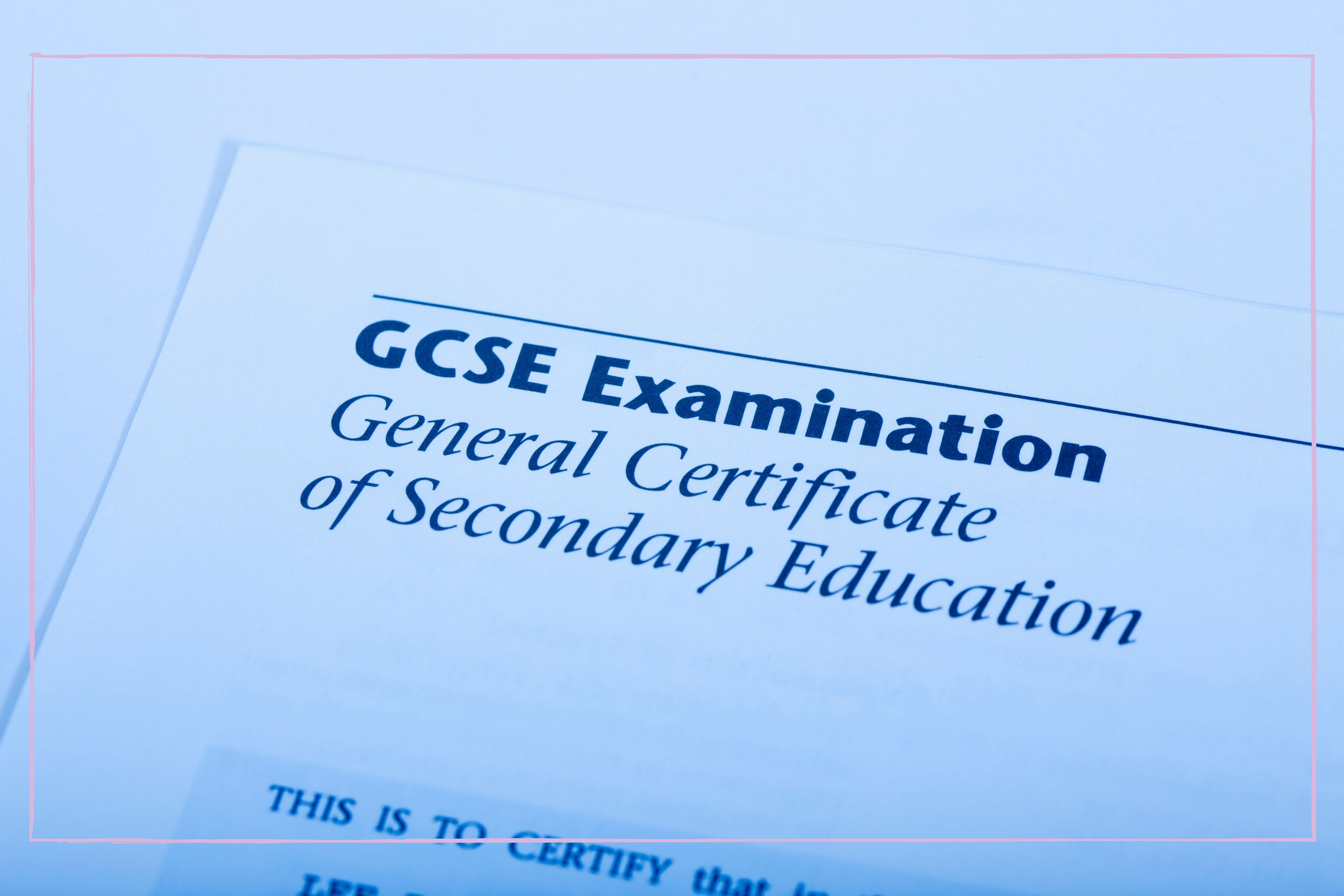A-level and GCSE retakes: everything parents need to know
If your teenager is unhappy with their A-level or GCSE results and believes they can achieve better grades, retaking the exams is an option. Here’s a guide to help you navigate the process.


A Level and GCSE retakes are an option worth considering for students who believe they can achieve better grades than those they received on results day.
As A-level results day 2024 arrives, many students in England, Wales and Northern Ireland are facing the impact of last year’s return to pre-pandemic grading standards, with fewer top grades being awarded. After a year of hard work, some students may feel disappointed with their results.
While we hope that most pupils will be pleased with their grades, others might be considering A-Level or GCSE retakes. To help, we’ve gathered the most up-to-date information and advice on the process, outlining the key factors to consider before deciding whether to retake an exam.
A-level retakes
If your teen needs specific grades to secure a place on a university course, retaking A-Levels might be worth considering. Most universities accept resit results, but this will delay their university entry by a year, as January resits are no longer available. They will need to wait until the following summer to retake the exams and then reapply.
Cost is another factor to consider. If your child moves on from their current school, you may need to cover the tuition and exam fees, particularly if they enrol in an independent college.
However, a missed grade doesn’t always necessitate a resit. Some universities may still accept students who narrowly miss their required grades or offer an alternative course. Clearing is another option to explore, as it could help your teen find a place at a different university. Additionally, there are many other post-18 routes, such as apprenticeships, to consider.

GCSE retakes
Under current rules, students who score below a 4 (previously a C) in Maths and English GCSEs must retake these subjects. Most schools and colleges allow students to resit their Maths and English GCSEs alongside other courses, either in November or the following summer.
GoodtoKnow Newsletter
Parenting advice, hot topics, best buys and family finance tips delivered straight to your inbox.
If your teen has missed other grades needed for college entry, encourage them to discuss the situation with the college, as they may be flexible, especially if the grades were only narrowly missed.
How to retake A-levels and GCSEs
If your teen decides to resit an A-level, check whether they can do so at their current school. Alternatively, they can resit as a private candidate by enrolling in an online course or hiring a tutor. They will take the exams in person, at the same time as other A-level students, but will need to arrange their exam centre, which may cost around £175, depending on the location.

When will your teen know their resit grades?
If your teen resits exams in the summer, they will receive their results on A-Level or GCSE results day, like other students. A-level results are typically released on the third Thursday in August, with GCSE results following a week later. For those resitting GCSE Maths or English in the autumn, results are usually available in January, although this date can vary.

Things to consider before retaking A-levels or GCSEs
Encourage your teen to consider whether they are likely to achieve a higher grade on a retake. It may be helpful for them to discuss this with their subject teacher to get advice. If they have already secured a place on another university course, they should weigh up whether retaking is truly necessary.
Education expert Emma White, founder of the exam preparation service Mark My Papers, suggests your teen reflect on why they didn’t achieve the desired grades initially. Did they find the subject particularly challenging? Did they fully understand the exam technique required to secure higher grades? What would they do differently next time?
Matt Jones, founder of the student learning platform Oxbridge, recommends considering whether a different school, college, or learning provider might better suit your teen’s learning style. He also notes that some students may excel in more practical settings, such as apprenticeships or vocational training, which can lead to the same career goals without the stress of exams.
Do universities accept retakes?
Yes, universities do accept students with resit grades. However, your teen will need to reapply through UCAS with their new exam results, which will delay their university start by a year. It’s important to note that retaking exams does not guarantee a place on a competitive course.
Final words of advice for students considering A-level or GCSE retakes
Emma White offers this advice: “When considering retakes, it’s important to plan ahead. Think about your long-term goals and research the qualifications and grades you need to progress towards your career ambitions. For example, if you achieve a Grade 5 in GCSE English Language but want to study Medicine, check whether your chosen university requires a Grade 7. If it does, you might need to rethink your goals or resit that subject.
“Remember, GCSEs and A-Levels are simply the stepping stones to your next stage. If your A-Level grades fall short of your dream course, consider an alternative path or plan to retake the exams.”
In related news, here's everything you need to know about when GCSE certificates are issued, plus the date kids go back to school after the summer.

Tanith Carey is a journalist and parenting expert. The author of 11 books, she is a former US correspondent for the Daily Mirror and a former London Press Club Consumer Journalist of the Year. Her work covers the topics of parenting, childhood, teenagers, child psychology, veganism, social trends, health, relationships, and psychosexual development.
-
 How long is the school summer holiday in the UK?
How long is the school summer holiday in the UK?Too long is not officially the right answer...
By Heidi Scrimgeour Published
-
 Results Day 2024: what's next for A-levels under the Labour government?
Results Day 2024: what's next for A-levels under the Labour government?The current government intends to keep A-levels while also continuing to support and expand T Levels
By Tanith Carey Last updated
-
 School terms 2024: Holiday and term dates across the country
School terms 2024: Holiday and term dates across the countryWe have those all-important school term dates for the remainder of the year, to make sure your calendar is up-to-date with the latest information.
By Ellie Hutchings Last updated
-
 How to add your Clearing choice to UCAS
How to add your Clearing choice to UCASFind out how to appeal A-level results and when does clearing open with this helpful guide to get you through results day
By Heidi Scrimgeour Last updated
-
 GCSE results 2024: When are GCSE certificates issued?
GCSE results 2024: When are GCSE certificates issued?GCSE results are a nerve-wracking time, but once out the way you might find yourself asking when are GCSE certificates issued?
By Heidi Scrimgeour Last updated
-
 From tears to Tariff points, here's a parent's guide to what to expect on A-level results day
From tears to Tariff points, here's a parent's guide to what to expect on A-level results dayWhat to expect on A-level results day, how to understand their results and what to do if they didn't get what they wanted
By Tanith Carey Last updated
-
 When do kids break up from school? Summer holidays 2024
When do kids break up from school? Summer holidays 2024When do kids break up from school for the summer? As we head into the final weeks before the long break, we have the key dates you need to know about.
By Emily Stedman Last updated
-
 How to appeal a school place: what to do if your child doesn’t get the school you wanted
How to appeal a school place: what to do if your child doesn’t get the school you wantedGetting your child into the school you really want for them can be a nail-biting time for parents. Here's how to appeal if your child doesn't get in...
By Emily Stedman Published